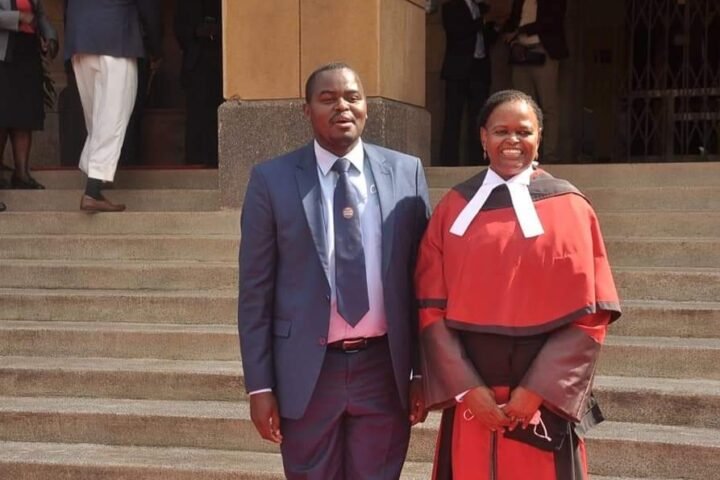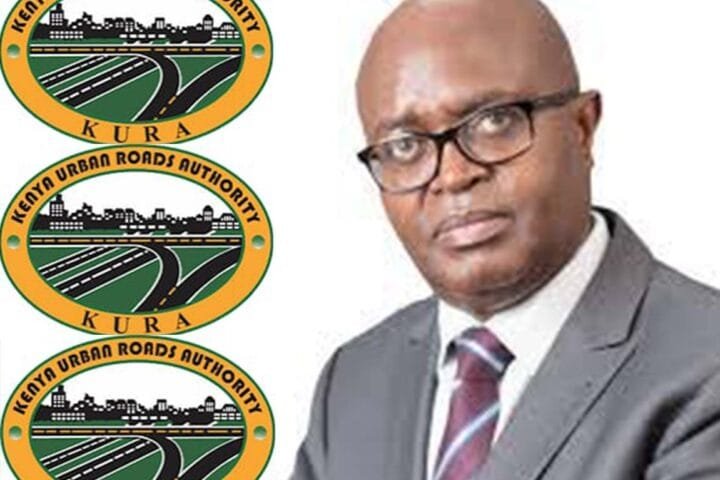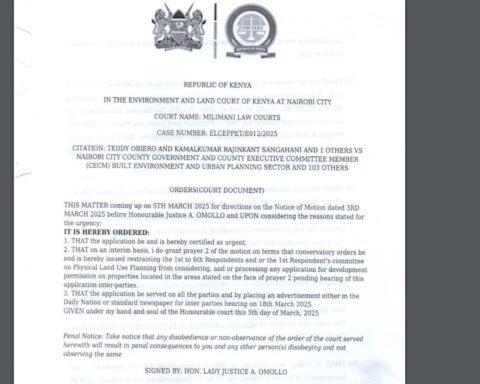Overview of the Event
In a groundbreaking event, ten same-sex couples from Hong Kong tied the knot over the internet with the help of a registered officiant from Utah, United States. This historic moment was timed to coincide with Pride Month, marking a significant step for LGBTQ+ rights and visibility in a region where such unions are not formally recognized but are afforded some legal protections. This event underscores the evolving nature of marriage and the growing influence of technology in breaking down barriers.
Same-Sex Marriage in Hong Kong
In Hong Kong, same-sex marriage is not legally recognized, reflecting the city’s conservative stance on LGBTQ+ issues. Despite this, there are some legal protections in place for same-sex couples. These include anti-discrimination laws and certain employment benefits. However, the lack of formal recognition means that many rights and privileges enjoyed by heterosexual couples are still inaccessible to same-sex partners.
Same-Sex Marriage in the United States
In contrast, the United States has made significant strides in legalizing same-sex marriage. Since the landmark Supreme Court ruling in 2015, same-sex couples have enjoyed the same legal rights and protections as heterosexual couples across all states. Utah, known for its conservative roots, has embraced this change, with registered officiants playing a crucial role in legitimizing marriages, including those conducted online.
The Event
How It Happened
Organizing this series of online marriages required meticulous planning and coordination. The use of video conferencing technology allowed the couples to connect with the officiant in Utah, ensuring that all legal procedures were followed. This innovative approach not only facilitated the marriages but also highlighted the potential of technology in bridging geographical and legal gaps.
The Role of the Registered Officiant
A registered officiant from Utah officiated the marriages, ensuring they met all legal requirements. This included verifying the identities of the couples, conducting the ceremonies in accordance with Utah state laws, and ensuring that the marriages were legally binding. The involvement of a registered officiant was crucial in lending legitimacy to these online unions.
Couples’ Stories
Personal Journeys
The ten couples who participated in this historic event each have unique stories. From overcoming societal pressure to finding love in unexpected places, their journeys are a testament to resilience and commitment. These couples shared their motivations for getting married online, emphasizing the importance of legal recognition and the desire to celebrate their love openly.
Challenges and Triumphs
Despite facing numerous obstacles, including legal restrictions and societal stigma, these couples have triumphed by finding ways to solidify their unions. Their marriages represent not just a personal victory but a broader statement of defiance against unjust laws and societal norms.
Legal and Social Implications
Legal Protections in Hong Kong
While Hong Kong does not formally recognize same-sex marriages, there are certain legal protections available. These include anti-discrimination measures and some benefits related to employment and housing. However, the lack of formal recognition means that many rights, such as spousal inheritance and adoption, remain out of reach for same-sex couples.
Impact on Hong Kong’s Legal Landscape
This event has the potential to catalyze change in Hong Kong’s legal landscape. By highlighting the disparity between legal recognition and actual protections, it may spur further advocacy and push for legislative reforms. The visibility of these marriages could encourage more dialogue and support for full marriage equality.
Global Perspective
Online Marriages and International Law
Online marriages present unique challenges in terms of international law. While some countries recognize such unions, others do not, creating legal complexities for couples. The global recognition of online marriages varies widely, and this event brings attention to the need for more consistent international standards.
The Role of Technology in Modern Marriages
The use of technology to conduct marriages is a growing trend, particularly in the wake of the COVID-19 pandemic. This event showcases the potential of technology to facilitate unions that might otherwise be impossible due to legal or geographical barriers. As technology continues to evolve, it may play an even greater role in the future of marriage.
Community and Cultural Impact
Pride Month Celebrations
Timing this event to coincide with Pride Month added a layer of significance. Pride Month is a time for celebrating LGBTQ+ identities and advocating for equal rights. By holding the marriages during this period, the event emphasized the ongoing struggle for equality and the importance of visibility for the LGBTQ+ community.
Read: The Former Prime Minister and His Third Wife Bushra Khan Sentenced to Prison: A Comprehensive Look at the Case
The event garnered significant media attention, both locally and internationally. Public reactions were mixed, with some celebrating the couples’ bravery and others expressing skepticism about the legitimacy of online marriages. This range of reactions highlights the ongoing debate around same-sex marriage and the role of technology in modern society.
Analysis
Symbolism of the Event
This event is rich with symbolism, representing hope, progress, and the ongoing fight for equality. For many, it symbolizes the possibility of overcoming legal and societal barriers through innovation and determination. It also serves as a reminder of the work still needed to achieve full recognition and equality for same-sex couples worldwide.
Reflecting on this historic event, it is clear that these online marriages represent a significant milestone in the fight for LGBTQ+ rights. While there are still many challenges to overcome, the success of this event demonstrates the potential for progress and the power of love and commitment to transcend boundaries. As we look to the future, it is essential to continue advocating for equality and leveraging technology to create more inclusive societies.
FAQs
How were the marriages conducted online?
The marriages were conducted via video conferencing, with a registered officiant in Utah overseeing the ceremonies to ensure all legal requirements were met.
What legal protections do same-sex couples have in Hong Kong?
While same-sex marriages are not recognized, there are some legal protections, including anti-discrimination laws and certain employment benefits.
How does the U.S. recognize online marriages?
In the United States, online marriages can be recognized if conducted with proper legal procedures and officiants, depending on state laws.
What was the public reaction to the event?
Public reactions were mixed, with both support for the couples and skepticism about the legitimacy of online marriages.
What are the future prospects for same-sex marriage in Hong Kong?
The event may spur further advocacy and dialogue, potentially leading to future legislative reforms and greater recognition of same-sex marriages.














